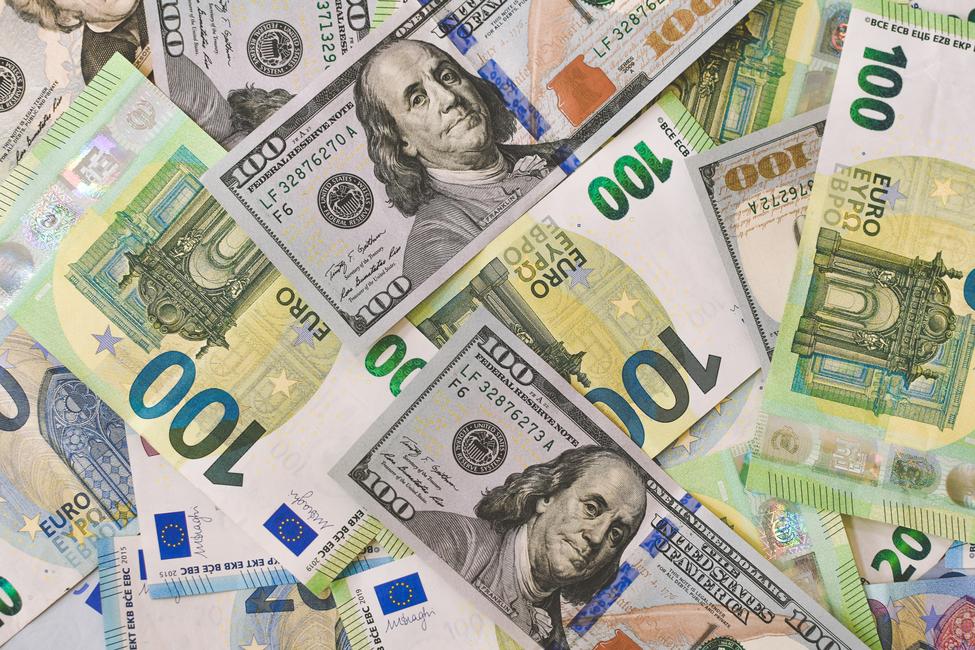I majored in government in college, then got my PhD in economics. These subjects fascinate me because government and the economy shape our lives so profoundly.
Government and the economy are intertwined. A capitalist economy without government regulation will lead to exploitative monopolies, extreme inequality, labor abuses, unsafe food & medicine, child poverty, a permanent underclass, privatized (or lousy/non-existent) roads/telecoms/police/schools/jails, no help for the homeless, mentally ill, destitute elders, etc., and air/water pollution, environmental degradation, global warming, and many other harmful “externalities” (privatized benefits and socialized harms). Governments benefit us in numerous ways we tend to take for granted.
Conversely, a government-dominated economy – like those of the Soviet Union and pre-Deng Xiaoping China – tends to inefficiently produce large quantities of poor quality products that people don’t want and fail to innovate or efficiently produce high-quality, desirable products.
The “Goldilocks zone” between pure communism and Lord of the Flies capitalism balances private markets with government controls and interventions for the public benefit. European countries tend to set this balance a bit further toward government than America does, but all successful nations have both strong governments and strong economies, with neither dominating the other.
I love former US Secretary of Labor and UC Berkeley professor Robert Reich’s many videos which entertainingly explain – in clear, simple terms – how the economy and government work and how they work better when they balance one another and constrain each other’s worst excesses.
Reich argues, convincingly in my mind, that America grew fastest in the post-WWII era when government tried to build a robust middle class and provided public benefits like the interstate highway system and helped educate Americans through the 1944 G.I. Bill, good public schools, and super inexpensive state colleges, etc.
Conversely, since roughly 1980, America has tilted far more toward private ownership and monopolies, while government regulation and intervention has become muted. For example, America wastes money on insurance company bureaucracy and profits that it could instead spend to provide medical coverage to all without the massive waste:
why does the US, the only industrialized nation without universal health coverage, also have not only the highest health-care spending in the world—both in absolute terms and as a share of GDP—but also one of the highest levels of government spending on health care per person? And how did it come to be this way?
The answer is that the lack of universal coverage and high costs are intimately linked—both economically and historically.
Single-payer health-care (in which the government pays for universal coverage, typically through taxes) helps keep costs down for two reasons: It means that the government can regulate and negotiate the price of drugs and medical services, and it eliminates the need for a vast private health-insurance bureaucracy.
The wealthiest Americans and the most powerful corporations have progressively tightened their grip on American government (in a very anti-progressive manner!). Most recently this can be seen in billionaires wining, dining, flying all around the world, and stuffing cash in the pockets of Supreme Court Justice Clarence Thomas for several decades. But this has long been true.
the nearly total failure of “median voter” and other Majoritarian Electoral Democracy theories. When the preferences of economic elites and the stands of organized interest groups are controlled for, the preferences of the average American appear to have only a minuscule, near-zero, statistically non-significant impact upon public policy.
…the preferences of economic elites (as measured by our proxy, the preferences of “affluent” citizens) have far more independent impact upon policy change than the preferences of average citizens do. To be sure, this does not mean that ordinary citizens always lose out; they fairly often get the policies they favor, but only because those policies happen also to be preferred by the economically-elite citizens who wield the actual influence.
I want to commend Reich’s videos to you. American voters would be less manipulable by demagoguing, gaslighting politicians and make wiser decisions if everyone watched Professor Reich’s videos because everyone would appreciate that 99% of Americans have far more in common and far more aligned economic interests than most believe. And the 1% might also appreciate that their success was built on the hard work of the 99% and that the 1%’s extreme wealth and extreme political power is destroying our society and could destroy the system that benefits them so greatly.
If you like Prof. Reich’s videos, you might also enjoy his Wealth & Poverty course, which he describes as:
Welcome to my final UC Berkeley course on Wealth and Poverty. Drawing on my 40+ years in politics, including my time as secretary of labor, I offer a deeper look at why inequalities of income and wealth have widened significantly since the late 1970s in the United States, and why this poses dangerous risks to our society.
This course also offers insights into the political and public-policy debates that have arisen in light of this inequality, as well as possible means of reversing it. I taught this course for 13 years before my retirement from teaching this year. Now I am so pleased to be sharing it with you.
With appreciation to Ibrahim Boran for sharing his photo on Unsplash.com
